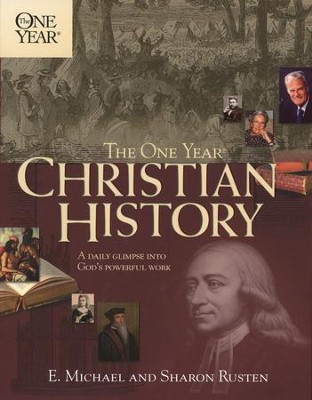I have a morning routine of about 30 minutes which includes some reading and journaling, and before we went to the Lake I’d checked out of the UALC library “The One Year Christian History; a daily glimpse into God’s powerful work” by E. Michael and Sharon Rusten, c. 2003. The passage for July 26 was on William Wilberforce (b. 1759) and his battle to free the slaves of the British Empire. On July 26, 1833, when Wilberforce was on his death bed he received word that the Emancipation Act freeing the slaves of the British Empire was assured of passing. (The British slave trade itself had been abolished in 1807. The U.S. Constitution had written into it the abolishment of the slave trade in 1807 and which took effect Jan. 1, 1808.) He had been working with a group of Christian men and women, wealthy and powerful, and although Wilberforce is the name known on both sides of the Atlantic as a dedicated abolitionist, his band of friends were essential to his mission.
This link (not in the book) is additional information on his group, and contains an interesting outline describing when Christians band together in common cause and take the long view, much can be accomplished. ttp://www.cslewisinstitute.org/webfm_send/471
The outline of how Wilberforce’s group functioned would itself make an interesting topic for a small covenant group or Sunday school class.
• They shared a common commitment to Jesus Christ and a clear sense of calling.
• They were committed to lifelong friendship and mutual submission was the norm. • Their advocacy was marked by careful research, planning and strategy.
• They worshiped both privately and publicly, gathering twice weekly at the Clapham Church.
• Their friendships were inclusive and focused on the essentials. For example, Wilberforce was a Wesleyan and his closest friend, Henry Thornton, was a Calvinist.
• They made family life a clear priority and delighted in each other’s marriages and children.
• They kept the “long view” on completing projects. Abolition of the slave trade took 20 years!
• They made no dichotomy between evangelism and social action. Their magazine, The Christian Observer, exemplifies this.
• Their faith was integral to all of life, family, career, friendship and more. It was a faith that the younger generation calls, “24/7.” They talked together of a faith that impacted every part of their lives. There were no “compartments.”
• They enabled one another vs. trying to “have it all.” They recognized each other’s passions and supported one another in addressing them.
The Rusten title would make a nice gift—especially for one with a shorter attention span but who can still make it through a few pages. https://www.christianbook.com/the-one-year-of-christian-history/e-michael/9780842355070/pd/55073







No comments:
Post a Comment